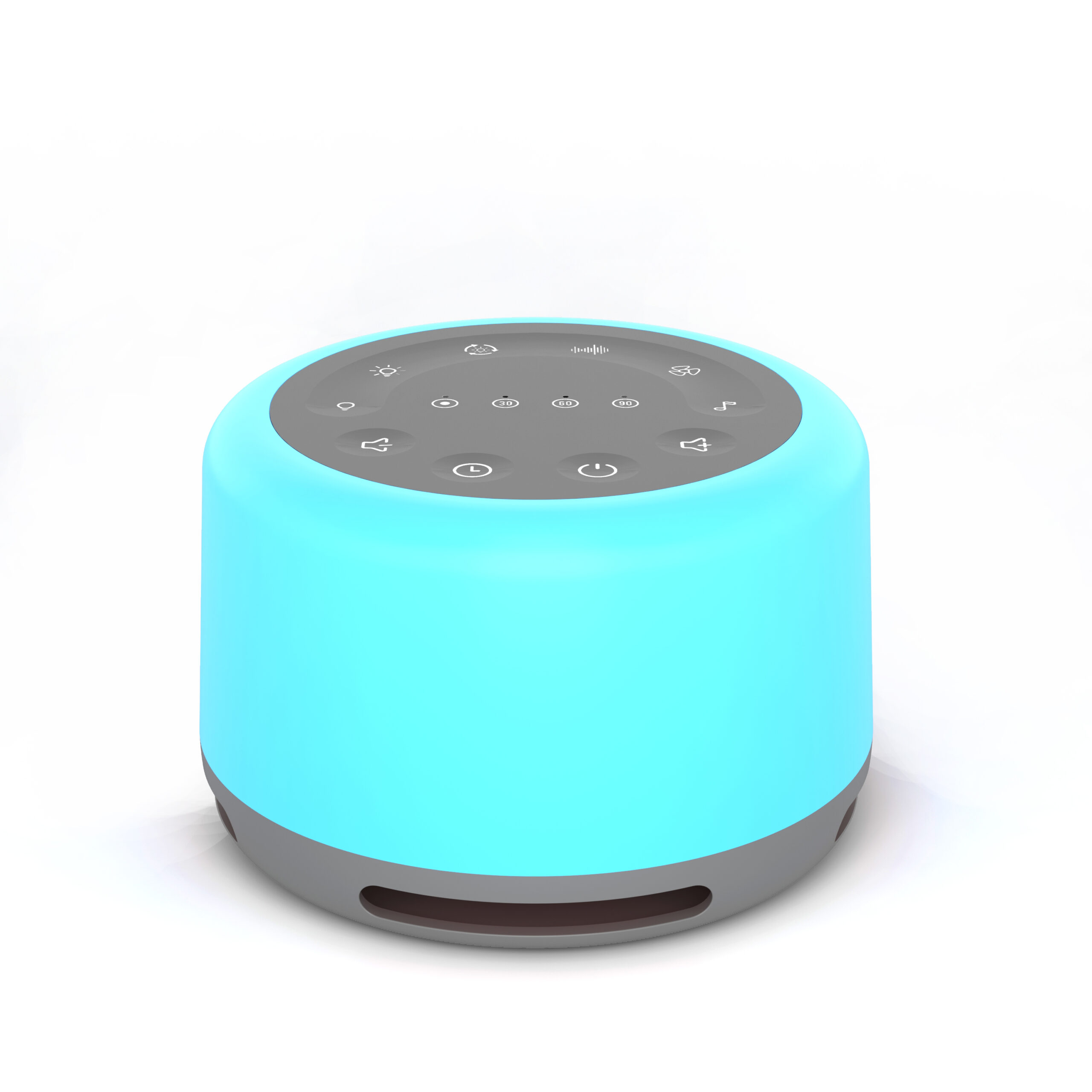Blog
How Does Lack of Sleep Affect Mental Health?
- Daniel Hastings
Table of Contents
We have always heard that sleep directly affects the mental health of a person. It is said that if a person is in a bad mood. He woke up on the wrong side of the bed. Now, science has proved that there is somehow reality in this phrase. Irregular sleep patterns are responsible for mental health as well as emotional health, which is also linked to anxiety, nausea, depression, and so on.
Meanwhile, the research is on the way to learning the relationship between sleep and mental health. The effect of sleep on mental health is vice versa. If your mental health is not well, you are not able to sleep; similarly, if you are not taking your sleep properly, this will disturb your mental health.
Mental health and sleep are closely linked, and neglecting one can have adverse effects on the other. Let us know the significance of sleep for mental health, the impact of sleep deprivation on mental well-being, and tips for improving sleep hygiene practices for better mental health.
How Is Mental Health Related to Sleep?

Good sleep is always been overlooked for mental health. Good sleep is essential for our physical and mental well-being, as it allows our minds and bodies to recharge and recuperate from the day’s stressors.
There is a close relationship between good sleep and good mental health. A study conducted by Harvard Medical School found that sleep disturbances are closely linked with depression, anxiety, and other mental illnesses. The study showed that people with insomnia or other sleep disorders are up to five times more likely to develop depression than those without sleep problems. Other studies have found that sleep problems are linked to ADHD, bipolar disorder, and schizophrenia, among others.
The reason for this relationship lies in the intricate workings of our brains. When we sleep, the brain consolidates memories, processes emotions, and restores our bodies. Sleep is essential for the functioning of the prefrontal cortex, which is responsible for rational thinking and decision-making. Without good sleep, our brains cannot function properly, which can lead to mental health problems.
Apart from mental health issues, poor sleep can also cause physical health problems. Lack of sleep has been linked to a higher risk of heart disease, stroke, and diabetes. Inadequate sleep can also weaken our immune system, making us more susceptible to infections and other illnesses.
How Could Mental Health Problems Affect My Sleep?

Lack of sleep can have a profound impact on mental health, affecting various cognitive functions and emotional well-being.
Some ways in which insufficient sleep can affect mental health:
1. Cognitive Impairment
Lack of sleep affects attention, memory, and decision-making, leading to cognitive deficits.
2. Emotional Regulation Challenges
Sleep deprivation makes emotional regulation more difficult, resulting in heightened stress, irritability, and mood swings.
3. Risk of Mental Health Disorders
Chronic sleep deprivation is associated with an elevated risk of developing mental health disorders, such as depression and anxiety.
4. Heightened Stress Response
Inadequate sleep heightens the body’s stress response, contributing to an overall sense of tension and exacerbating stress-related symptoms.
5. Weakened Immune System
Chronic lack of sleep weakens the immune system, making individuals more susceptible to illnesses and compromising overall health.
6. Impaired Judgment
Sleep deprivation impairs judgment, affecting the ability to make sound decisions and increasing the risk of errors.
7. Increased Sensitivity to Pain
Sleep-deprived individuals often experience heightened sensitivity to pain, which can further contribute to mental health challenges.
How Does Lack of Sleep Affect Mental Health?
The lack of sleep badly affects the mental health of a person.
1. Hyperarousal and Relaxation Difficulty
Anxiety and depression can induce a state of hyperarousal, making it challenging to relax before bedtime.
2. Insomnia Association
Mental health problems often coexist with insomnia, characterized by difficulty falling or staying asleep.
3. Nightmares and Night Sweats in PTSD
Conditions like PTSD can lead to nightmares or night sweats, causing disruptions in the sleep cycle.
4. Physical Manifestations
Muscle tension and headaches, common physical manifestations of mental health problems, contribute to sleep disturbances.
5. Cyclical Nature of Worry
Anticipatory anxiety about sleep forms a cyclical pattern of worry, exacerbating the challenges of both mental health and sleep.
6. Impact on Sleep Architecture
Mental health problems can alter the normal sleep architecture, affecting the quality and duration of different sleep stages.
7. Sleep Disruptions as Warning Signs
Sleep disturbances may serve as early warning signs or indicators of underlying mental health issues that require attention and intervention.
The Importance of Sleep for Mental Wellness
Sleep is essential for maintaining good mental health. Our brain processes emotions, consolidates memories, and regulates mood during sleep. Sufficient sleep improves our ability to cope with stress, regulate emotions, and make better decisions.
Studies have shown that sleep deprivation can lead to a host of mental health problems. It can also increase the risk of substance abuse, suicidal thoughts, and poor academic or work performance. Therefore, prioritizing sleep should be an integral part of any mental health treatment plan.
Sleep Deprivation and Its Impact on Mental Health

Sleep deprivation is a common phenomenon in today’s fast-paced world. It is characterized by not getting enough restorative sleep due to difficulty falling or staying asleep. Chronic sleep deprivation can have severe consequences on mental health.
For instance, lack of sleep can impair our cognitive abilities, making it difficult to focus or concentrate. It can also affect our mood, leading to irritability, mood swings, and emotional instability. Sleep deprivation can also disrupt the production of hormones that regulate mood, such as cortisol and serotonin, leading to an increased risk of anxiety and depression.
Ways To Improve Both Sleep and Mental Health
Improving sleep hygiene practices can significantly benefit mental health.
Following are some tips for better sleep hygiene:
Create a Relaxing Bedtime Routine
Engage in calming activities before bed, like reading or meditation, to unwind.
Optimize Sleep Environment
Ensure your bedroom is conducive to sleep with a dark, quiet, and cool atmosphere.
Limit Stimulants and Alcohol
Reduce caffeine intake in the afternoon and avoid alcohol close to bedtime.
Stay Active During the Day
Incorporate regular physical activity into your routine, but avoid vigorous exercise near bedtime.
Manage Stress
Practice stress-reducing techniques such as deep breathing and meditation.
Professional Guidance
Seek help from healthcare professionals for both mental health and sleep issues. Therapeutic interventions and medications may be beneficial.
The Role of Technology in Sleep and Mental Health
Technology has revolutionized the way we sleep and manage our mental health. Sleep-tracking apps, white noise machines, wearable devices, and online therapy platforms have made it easier for individuals to monitor and manage their sleep and mental health. Use technology wisely and not rely solely on it for sleep and mental health management.
While technology can provide useful information, it cannot replace professional medical advice. It is essential to seek professional help if you experience chronic sleep problems or mental health issues.
Seeking Professional Help for Mental Health and Sleep Issues

Mental health and sleep problems can significantly impact your quality of life. If you experience persistent sleep problems or mental health issues, seek professional help from a mental health professional. They can provide you with a diagnosis, treatment plan, and ongoing support.
There are several treatment options available for mental health and sleep issues, including medication, psychotherapy, and lifestyle modifications. A mental health professional can help you determine the best course of action based on your individual needs.
Conclusion
As we observe Mental Health Awareness Month, it is essential to prioritize sleep for mental wellness. Sleep is a vital component of our daily routine and is essential for maintaining good mental health. Chronic sleep deprivation can have severe consequences on mental health, including anxiety, depression, and poor academic or work performance.
Improving sleep hygiene practices is also essential to seek professional help if you experience chronic sleep problems or mental health issues.





















































